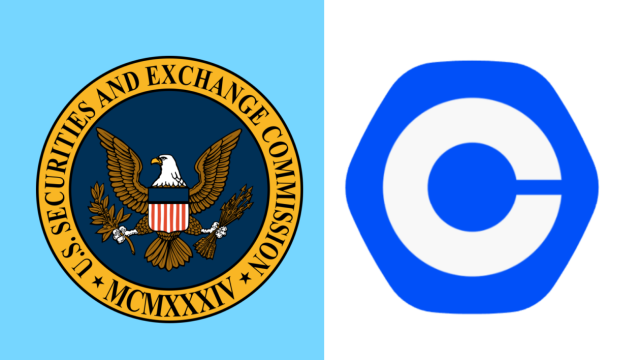On Tuesday, Coinbase responded to the Securities and Exchange Commission (SEC) by filing a mandamus petition. On Wednesday, Chief Legal Officer Paul Agrawal expressed his view on Twitter, asserting that utilizing a writ of mandamus is the suitable legal recourse for addressing the unique circumstances presented in this case.
Additionally, Agrawal included a link to the corresponding filing in his tweet. Suppose Coinbase’s petition is denied by the SEC. In that case, it is still possible for them to be required, using a mandamus, to address the issue of digital asset regulation following US laws.
Mandamus, a court order designed to ensure compliance by a government body with specific requests, could be gathered to enforce a resolution in this particular regard. Coinbase has raised concerns regarding the SEC’s alleged inaction from two key aspects.
Firstly, the exchange asserts that the SEC failed to provide clear guidance on digital asset regulation despite the exchange’s initial inquiry for more definitive rules.
Secondly, Coinbase takes issue with the SEC’s response to the court, where the agency was prompted to address Coinbase’s request but allegedly fell short of delivering a satisfactory answer.
Coinbase stated in its filing:
The SEC has demonstrated its intent to continue its enforcement campaign against the crypto industry on the very topics raised by Coinbase’s petition while ignoring that petition as it has done for years with other digital-asset-related rulemaking petitions.
Regardless of the outcome of the exchange’s petition, it maintains that the court should hold oversight of the SEC and encourage the commission to make progress in its rulemaking process. If the court proceeds with a writ of mandamus, the SEC must respond within seven days.
Coinbase Engages in APA Argument
By not responding to Coinbase’s petition, the SEC is being accused by the exchange of hindering its ability to exercise its rights under the Administrative Procedure Act effectively. Coinbase argues that the lack of response prevents them from challenging the commission’s decision or lack thereof considering rulemaking, both in practical and potentially legal terms.
In the United States, the APA is a federal law regulating federal agencies’ rulemaking and administrative procedures. This law mandates the practices agencies must abide by when creating, modifying, or repealing regulations.
In April, Coinbase began a lawsuit against the SEC, seeking regulatory clarity, following the agency’s issuance of a Wells Notice to the exchange. The court compelled the SEC to respond to Coinbase. In its response, the commission stated that no statutory or regulatory commitment requires them to take specific actions within a selected timeline.
Featured Image From Yahoo, Chart From TradingView.com
Credit: Source link















































